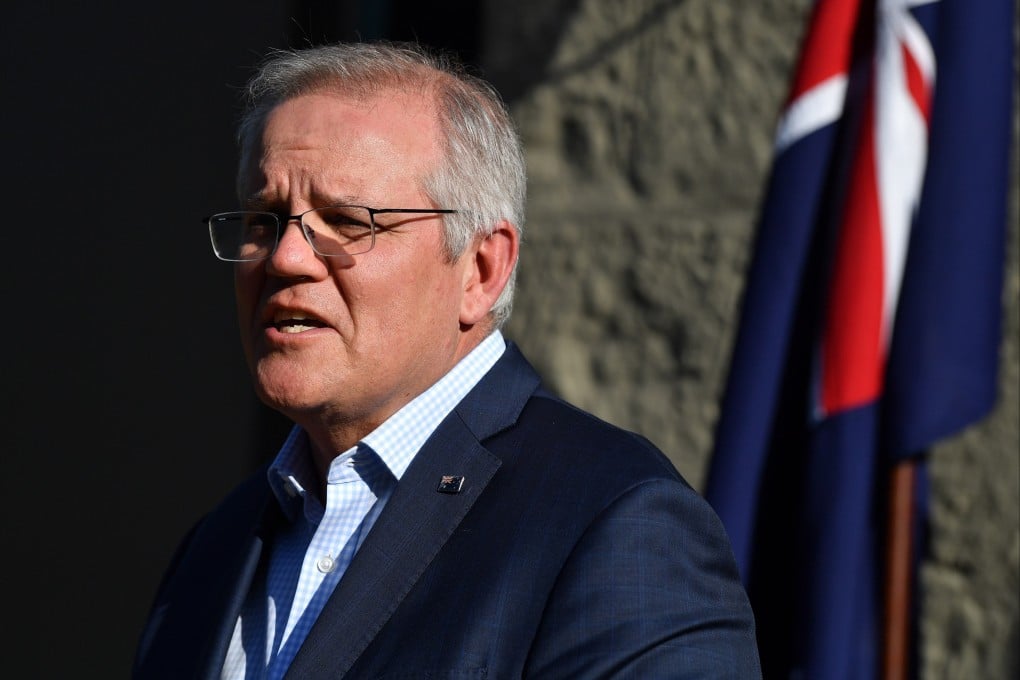Advertisement
Opinion | Does Australia care how its Aukus submarine deal looks to its Asian neighbours?
- Australia’s pact has raised Asean concerns of a nuclear arms race, hurt its trade ties with China and alienated Europe, particularly France
- It also shows Australia would rather sink or swim with its Anglosphere counterparts than address climate concerns in its vulnerable Pacific island neighbourhood
3-MIN READ3-MIN
85

Last week, US President Joe Biden, in announcing the Aukus pact between Australia, Britain and the United States, called Australian Prime Minister Scott Morrison “that fellow from Down Under” in what appeared to be a senior moment. That the military alliance has upset many in China and France, and even Australia’s own commentators, should not have been surprising.
Has Australia seriously thought through the implications for its Asian neighbours?
First, do eight nuclear submarines by 2040 make military sense for Australian security? We can understand that a maritime power in the South Pacific with lots of coastal waters to patrol needs a strong navy. But, as former prime minister Paul Keating rightly points out, China is a land-based power that does not present a military threat to Australia.
Advertisement
Assuming that Australia’s nuclear submarines are similar to the 12 Columbia-class subs that the US plans to acquire by 2030 under a US$128 billion programme, Australia may be paying at least US$85 billion for equipment that could be obsolete by the time they come on stream.
Twenty years is a long time in which to improve defences against submarine attacks. In conventional warfare, submarines are a deterrent at best – their threat comes from carrying nuclear missiles. But even such nuclear missile-carrying potential could invite nuclear retaliation.
This is why Asean members such as Malaysia and Indonesia are concerned that Aukus may catalyse the nuclear arms race. In that case, Australia would lose its status as a haven for nuclear-free living, something that New Zealand cares deeply about, and why it distanced itself from the deal.
Advertisement
Select Voice
Select Speed
1.00x

